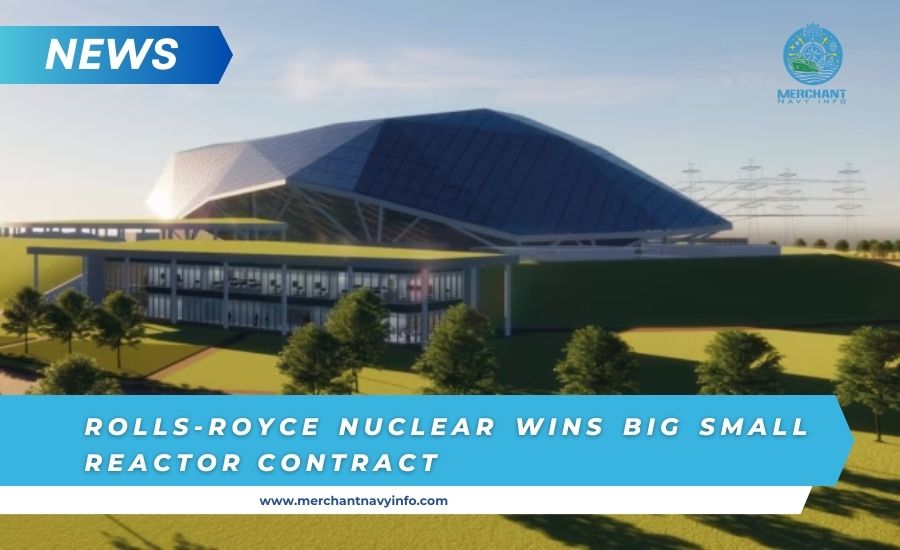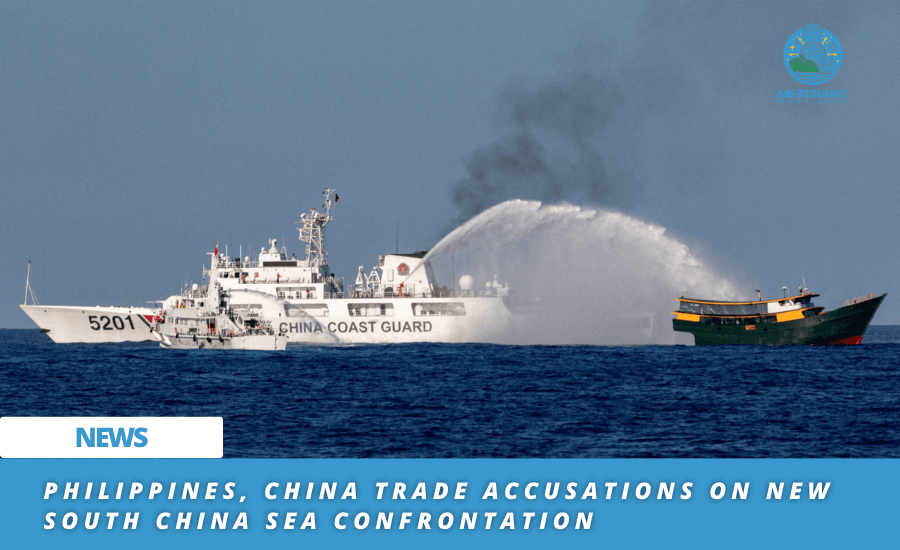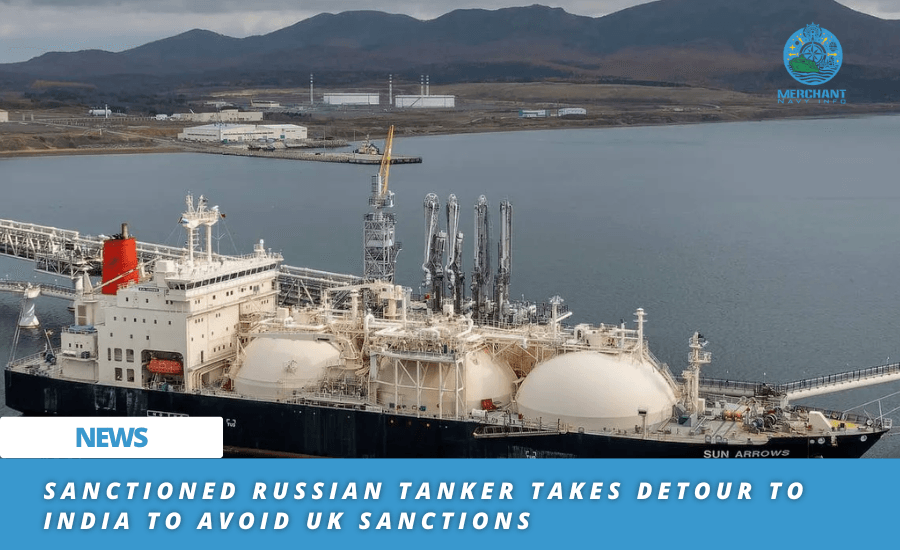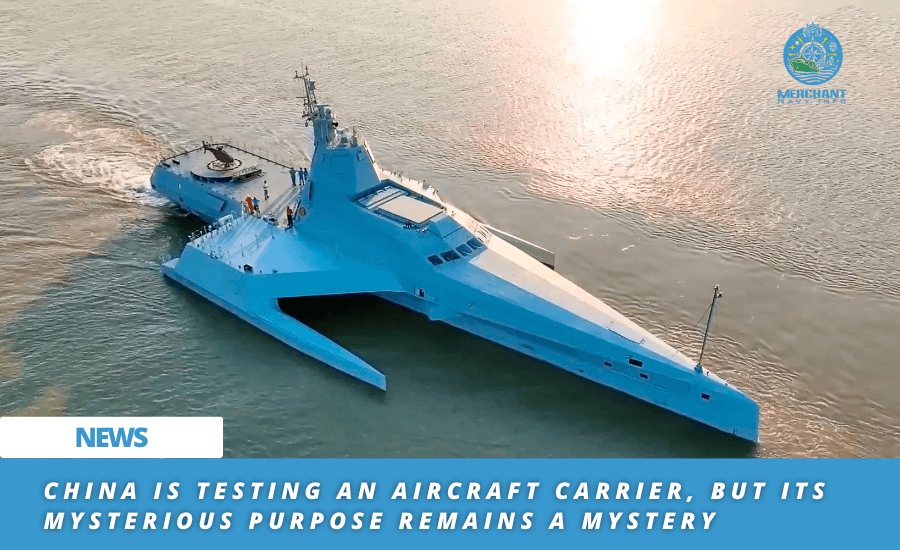
Rolls-Royce Nuclear wins big small reactor contract
Rolls-Royce has signed a deal with the Czech Republic to deploy its next generation of small nuclear reactors, which could redefine the global energy landscape and eventually bring zero-emission energy to the shipping industry. As the world works to decarbonize, these compact power plants promise to revolutionize how we think about nuclear energy.
The Rolls-Royce Small Modular Reactor (SMR) design is everything a traditional nuclear plant is not: smaller, cheaper, and faster to build. The British engineering giant says the reactors, which can be built in a factory and shipped to the site, will significantly reduce the time and costs associated with nuclear power, providing a much-needed boost to an industry often criticized for being difficult to manage and over budget.
The reactors are not yet ready for ships, but industry experts hope that such onshore contracts will eventually make their way to sea.
“The decision to select Rolls Royce SMR from a shortlist of seven potential SMR technology suppliers is the result of a rigorous evaluation process,” said Rolls-Royce’s Dan Gould. “The Rolls-Royce Compact will reduce reliance on imported energy and support global efforts to achieve net zero emissions.”
The deal marks a step forward in Rolls-Royce’s plans to secure contracts in central and eastern Europe, markets hungry for reliable, low-carbon energy. Smaller than a football field, the reactors could provide power to cities, industrial parks, and even remote military facilities while avoiding the public resistance that traditional nuclear projects often face.
Rolls-Royce is not stopping in the Czech Republic. The company has already signed deals with British companies and is considering partnerships in the United States and other countries. “This is more than just a deal,” said Tom Sampson, CEO of Rolls-Royce SMR. “This is about transforming global energy markets.”
However, challenges remain. Although hailed as a faster, cheaper alternative to conventional reactors, small and medium-sized reactors still face regulatory hurdles and public skepticism. Questions remain about waste disposal and the safety of small, decentralized nuclear facilities.
For now, Rolls-Royce is pinning its hopes on the promise of a cleaner, more versatile nuclear option that can plug into existing grids, operate off-grid in more remote locations, or, one day, even on ships.










